Breathlessness
Breathlessness

What is breathlessness?
Breathlessness refers to feeling short of breath, usually on exertion. It can get more complicated with some patients who may not feel particularly breathless but in fact they are modifying their activity to minimise their symptoms. This is particularly true during the current COVID-19 pandemic.
Another way of thinking about this is to think about what you were able to do a year ago, and whether that is the same today. Family members and friends are often more aware of deteriorating symptoms and may comment, for example, that you are always short of breath when you answer the phone.

What causes breathlessness?
There are many causes for breathlessness, most commonly either a respiratory (lung) or cardiac (heart) related cause.
Cardiac causes of breathlessness include deteriorating heart function, a poor blood supply to the heart due to coronary artery disease, heart rhythm disturbances (arrhythmias) and heart valve problems.
Some patients have long-standing respiratory problems and then their breathlessness gets worse, which may reflect a new problem if the respiratory disease has been stable for a long time.

How is breathlessness assessed?
If it is felt that the breathlessness is most likely to be related to a cardiac cause, then the first step is a clinical examination, to evaluate for heart rhythm disturbances, heart murmurs (which indicate valve problems) and signs of fluid retention (which may indicate deteriorating heart function or an underlying valve problem).
An electrocardiogram (ECG) will help to identify heart rhythm disturbances, and a longer period of monitoring (usually up to a week) may be recommended. The heart valves and heart function can be evaluated with a transthoracic echocardiogram. If there is a concern that the symptoms are related to a poor blood supply to the heart (caused by coronary artery disease, also known as myocardial ischaemia) then a CT coronary angiogram may be recommended.
Get in Touch
Dr Dawkins has private clinics in Oxford at the Nuffield Manor Hospital and in London at Cleveland Clinic London. Please get in touch if you would like to make an appointment. We can usually arrange to see you within a few days. For urgent appointments, a same-day visit or telephone consultation can often be arranged. To arrange an appointment, please complete this form or call us on 020 7205 2024 (London) or 01865 598040 (Oxford).